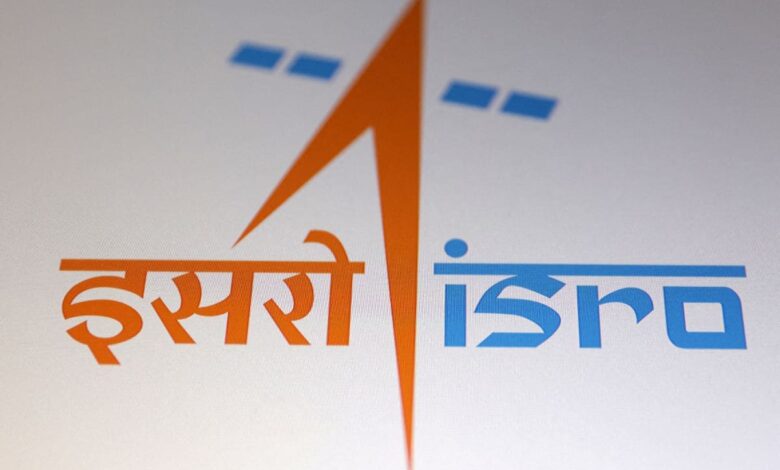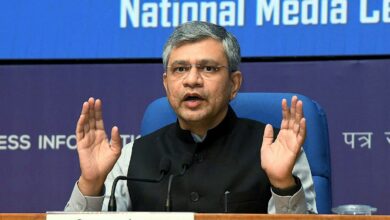ISRO chief S. Somanath expects budget requirements to increase in the coming years

India’s space agency expects its budget to increase by 20 to 30 percent in the coming years, its head said Tuesday in an interview with Reuters NEXT Newsmaker. He described the agency’s rocket launch prices as comparable to those of SpaceX, but gave no details.
In a wide-ranging interview, Indian Space Research Organisation (ISRO) Chairman S. Somanath discussed ongoing plans for a heavy-lift booster rocket — capable of carrying large payloads — using a combination of private and public money. He also touched on other goals, including manned space flight.
The government has allocated nearly Rs 130 billion ($1.55 billion) to India’s space department this year.
When asked how much he expects funding to increase, Somanath replied, “something like 20-30 percent,” but “over a long period of time.”
NASA’s approved budget for the current fiscal year, after cuts, is $25 billion (approximately Rs 2,09,906 crore).
Prime Minister Narendra Modi has called on ISRO to make India a profitable space powerhouse. The agency has responded by looking at partnerships with the private sector.
According to McKinsey & Co., the global commercial space market worth USD 630 billion (approximately Rs 52,89,631 crore) is expected to reach USD 1.8 trillion (approximately Rs 1,51,12,719 crore) by 2035.
The Indian government estimates that its market share currently stands at just $8 billion (approximately Rs 67,166 crore), but the company aims to increase this to $44 billion (approximately Rs 3,69,428 crore) over the next decade, deploy its own space station by 2035 and put an Indian on the moon by 2040.
India is also setting up a Rs 10 billion venture capital fund to expand its space sector, months after the government allowed 100 percent foreign direct investment in satellite system manufacturing without regulatory approval and relaxed rules for launch vehicles.
The country hopes that liberalizing its space sector, long controlled by the government, will attract the interest of companies including Elon Musk’s SpaceX and Jeff Bezos’ Blue Origin.
According to Somanath, India’s Medium Launch Vehicle Mark-3 (LVM-3) was already competitive with SpaceX in terms of price.
“If you look at a special launch on LVM-3 and SpaceX, they’re both going to look the same when you get a quote,” he said.
ISRO’s ambitions come hot on the heels of India’s historic landing on the moon’s south pole last year.
The country is also gearing up for Gaganyaan, a manned space mission, making India the fourth country to launch such a mission after the United States, Russia and China.
Somanath said the agency expected to conduct an unmanned test flight in December as the rocket for the mission had already been built and crew module activities were in the final integration phase.
© Thomson Reuters 2024
(This story has not been edited by NDTV staff and is auto-generated from a syndicated feed.)




